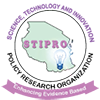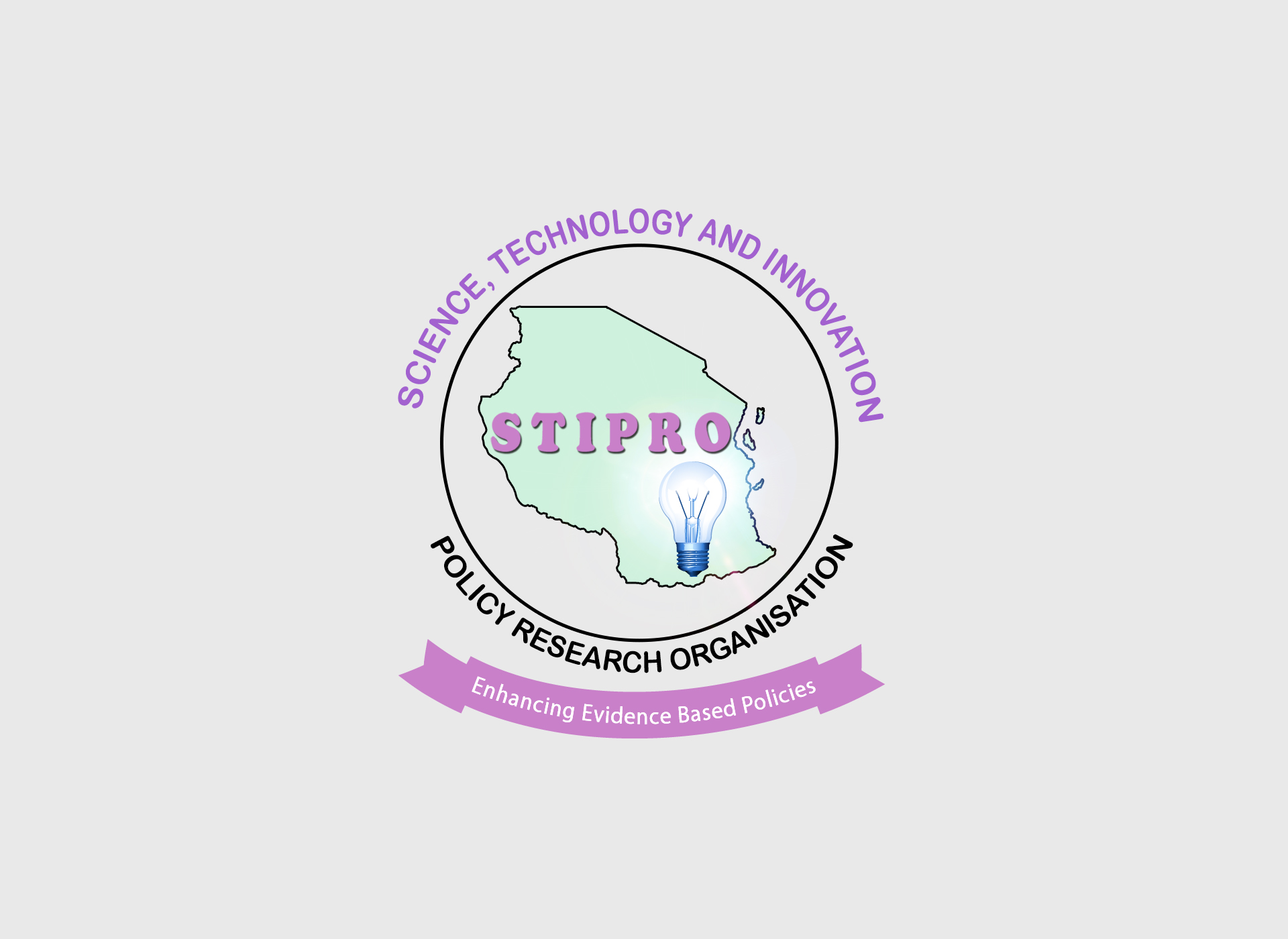-
Foreign Direct Investment and Technological Capability Building in Least Developed Countries: The Case of Tanzania
STIPRO has conducted a project entitled “Foreign Direct Investment (FDI) and Technological Capability Building in Least Developed Countries: The Case of Tanzania”. The project was led by Dr. Astrid Szogs and involves 2 senior researchers and 4 project employed junior researchers. The major objective of the project was to identify factors that facilitate or hinder knowledge flows and technological learning between local companies and multinational enterprises for the purpose of informing both industrial and innovation policies in the country. The project covered three sectors: manufacturing, mining and agriculture in the following regions: Dar es Salaam, Arusha, Mwanza, Kilimanjaro, Tanga, Shinyanga and Mbeya.
Continue reading -
The Role of FDI Report in Local Technological Capability Building
Foreign Direct Investments (FDIs) have been found to be important aspects of economic development of host countries, and crucial, in building technological capabilities of local companies in developing countries. It is a channel for international diffusion of technology, having the potential to transfer technological, organizational and managerial practices to developing countries, which may, in the long run, lead to higher technological capabilities, and innovation, resulting in economic growth in these countries.
Continue reading -
Science, Technology and Innovation for Poverty Reduction in Tanzania
(An Analysis of the Sectoral Systems of Innovation) Tanzania is one of the poorest countries in the world. Like many other poor countries and in particular African countries, it is grappling with the poverty challenge nearly five decades after independence. The past two decades have however witnessed renewed interest in the issue as reflected in both national and international initiatives: Millennium Development Goals (MDGs), Comprehensive Development Framework (CDF), New Partnership for Africa‟s Development (NEPAD), Vision 2025, Poverty Reduction Strategy Papers (PRSPs), popularly known is “Kiswahili” as “Mkakati wa Kukuza Uchumi na Kupunguza Umaskini Tanzania (MKUKUTA)”, etc.
Continue reading

